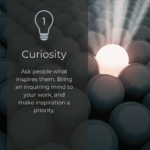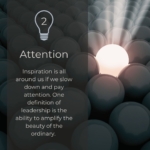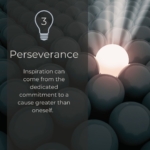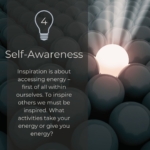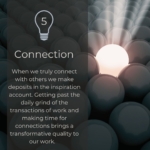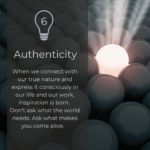“Power Corrupts, Ultimate Power Corrupts Ultimately”
I once met a CEO who never promoted anyone until they spent a minimum of six months volunteering in a charitable organization. She understood that when working with volunteers, titles mean nothing. “If you can’t inspire and influence people without a title, there’s no way I’m putting a title in your hands.”
Here are six ways to help ensure that power doesn’t corrupt you:
- Surround yourself with people who will be brutally honest with you – and listen to what they say.
- Assume you are never the smartest person in the room. Adopt a growth mindset and recognise that you can learn from everyone.
- Expect the same from yourself that you expect from others.
- Be open to challenge and constructive debate.
- Create an open and transparent decision-making processes, and insist that people be involved.
- Own your mistakes, seek feedback, and make amends.
Whether power is bestowed on us by the trust of others or by added responsibility, it’s critical that we stay conscious and alert to the warning signs of when power can blind us in our ultimate accountability to be a leader with strong character.

